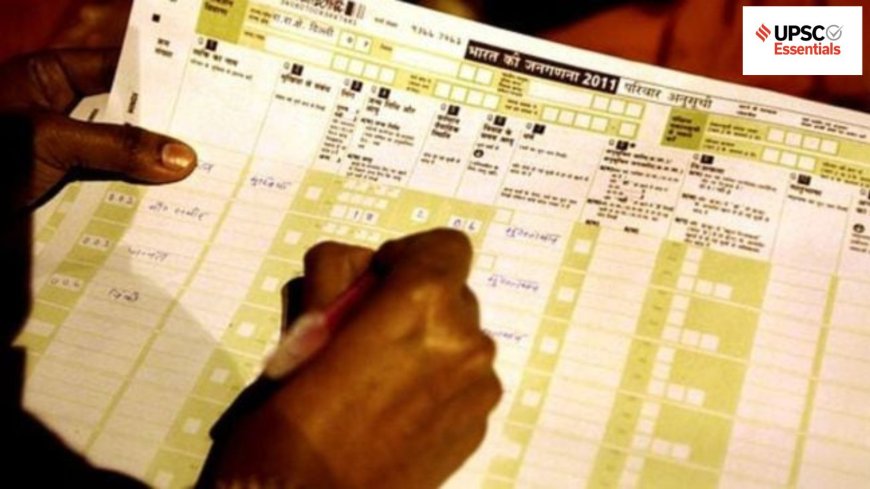UPSC Essentials | Mains answer practice — GS 2: Questions on caste census in India and Arctic geopolitics (Week 104)

UPSC Essentials | Mains Answer Practice — GS 2: Questions on Caste Census in India and Arctic Geopolitics (Week 104)
Breaking News, Daily Updates & Exclusive Stories - asarkari
In the ever-evolving landscape of competitive examinations, understanding the dynamics of specific topics is crucial, especially for aspirants of the Union Public Service Commission (UPSC) exams. This week, we delve into two significant themes relevant to contemporary issues: the caste census in India and the geopolitical landscape of the Arctic region. With a focus on these pressing subjects, candidates are encouraged to engage in thoughtful analysis and answer writing practice to prepare effectively for the Mains examination.
Caste Census in India: Context and Importance
The caste census has emerged as a hot-button issue in India, stimulating debates within political and academic circles. The demand for a comprehensive census to ascertain the accurate numbers of various castes is grounded in the need for social justice and equitable representation in legislative frameworks. Advocates argue that a caste census would provide precise data to tailor policies that address social disparities, thereby empowering marginalized communities.
Critics, however, warn of the potential implications of caste-based data collection. The fear is that it might exacerbate societal divisions and foster a sense of identity politics that undermines social cohesion. As this topic takes center stage, it's vital for UPSC aspirants to grasp the multifaceted arguments surrounding the caste census. Candidates should be prepared to critically analyze this subject, reflecting on both historical contexts and contemporary implications.
Geopolitics of the Arctic: A Growing Concern
The Arctic region has increasingly gained attention due to the geopolitical implications of climate change and resource access. With melting ice caps revealing untapped reserves, nations are vying for control over this resource-rich area. Understanding the global competition for dominance in the Arctic, particularly between major players like Russia, the United States, and China, is crucial for aspirants aiming to address questions in this domain.
This shift in the Arctic landscape poses additional challenges related to environmental governance, indigenous rights, and international law. Candidates should evaluate the role of various stakeholders, including indigenous communities, and assess the legal frameworks governing territorial claims and navigation rights. A nuanced understanding of Arctic geopolitics will not only assist in crafting comprehensive answers but also enhance candidates' overall analytical skills.
Practice Questions for Mains
To aid in this week's preparation, here are a couple of practice questions that aspirants can use to hone their skills:
- Discuss the implications of conducting a caste census in India. How could it affect social justice policies?
- Analyze the geopolitical significance of the Arctic region in light of climate change and emerging global power dynamics.
Engaging with these questions will facilitate a deeper understanding of the current socio-political landscape, preparing candidates not only for their exams but also for informed citizenship.
Conclusion
As Week 104 unfolds, the importance of current affairs cannot be overstated. The topics of the caste census and Arctic geopolitics are not only relevant for the UPSC Mains examination but also pivotal to understanding India's socio-political climate and its role on the global stage. By mastering these subjects, candidates can elevate their preparation and stand out in their competitive journeys. For more updates, visit asarkari.com.
Stay informed, stay prepared, and continue to engage with the nuances of these essential topics as the UPSC examination approaches.
Keywords:
UPSC, caste census, Arctic geopolitics, social justice in India, resource competition, contemporary issues, Mains examination practice, current affairsWhat's Your Reaction?
 Like
0
Like
0
 Dislike
0
Dislike
0
 Love
0
Love
0
 Funny
0
Funny
0
 Angry
0
Angry
0
 Sad
0
Sad
0
 Wow
0
Wow
0










































